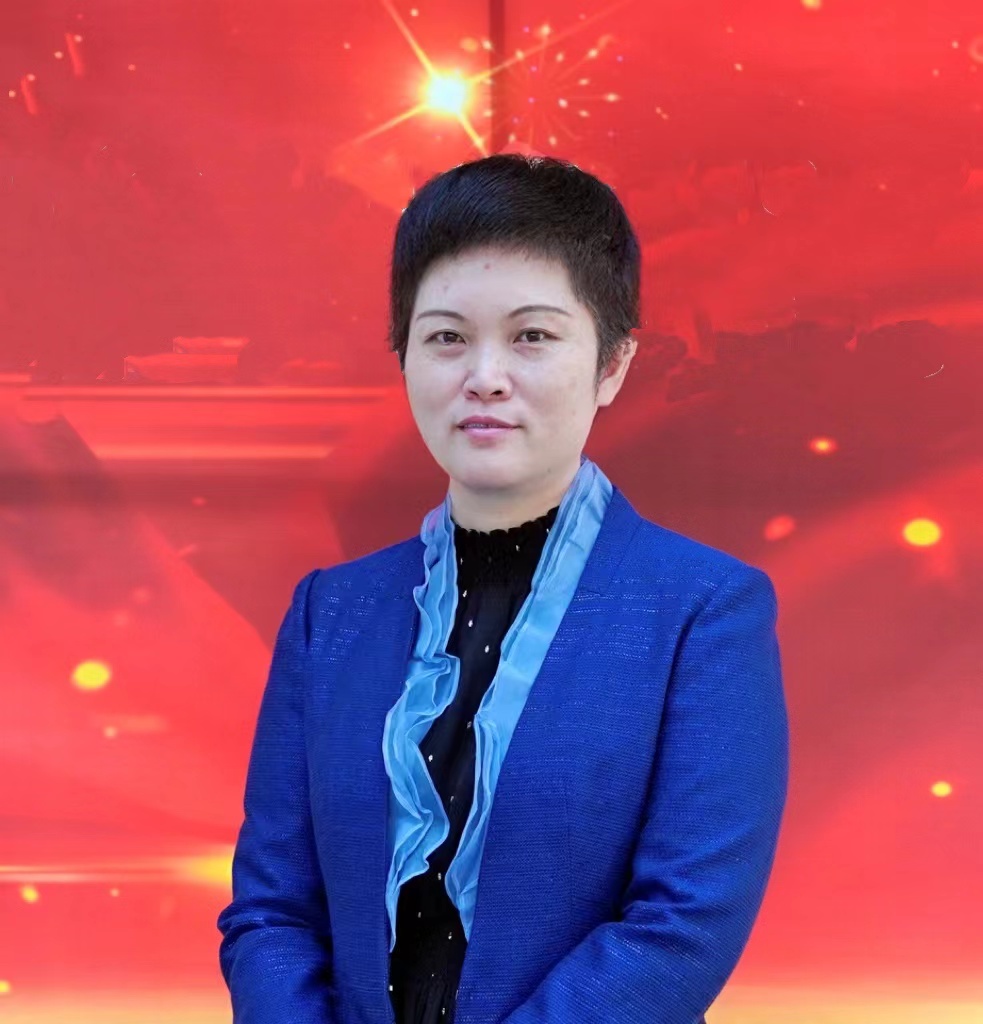Article by Pang Chunxue, Chinese charge d’affaires to Pakistan
Changes of the world, of our times and of history are unfolding today in ways like never before, the global peace deficit, security deficit, trust deficit and governance deficit are growing more and more, posing challenges that must be taken seriously by humanity. In this context, President Xi Jinping last year put forward the Global Security Initiative based on the common interests of mankind, stressing that we should stay committed to the vision of common, comprehensive, cooperative and sustainable security; stay committed to respecting the sovereignty and territorial integrity of all countries; stay committed to abiding by the purposes and principles of the UN Charter; stay committed to taking the legitimate security concerns of all countries seriously; stay committed to peacefully resolving differences and disputes between countries through dialogue and consultation; stay committed to maintaining security in both traditional and non-traditional domains.
The Global Security Initiative is another international public product provided by China on global governance. It is a vivid practice of the concept of a community with a shared future for mankind in the field of security. It has received wide attention and positive response from the international community. More than 80 countries and regional organizations have expressed their appreciation and support for GSI. On February 21, Chinese Foreign Minister Qin Gang delivered a keynote speech themed “Implementing the Global Security Initiative to Solve the Security Challenges Facing Humanity”, officially released the Global Security Initiative Concept Paper, which elaborates the core ideas and principles of the GSI and lays out 20 priorities of cooperation.
The Concept Paper fully demonstrates China’s commitment to the future and destiny of the world. The world today is far from peaceful. Hegemony and power politics are on the rise. Security issues are more interlinked, transnational and diverse, with new vulnerabilities, poverty areas and sources of instability keep emerging. “What kind of security concept does the world need and how can all countries achieve common security?” has become the task of the times for everyone.
“Small boats may not survive a storm, but a giant ship is strong enough to brave a storm”. The Concept Paper is an effort to stand up to the changes of the world and answer the questions of the times. Rooted in true multilateralism, the Concept Paper advocates the win-win mindset to address the complex and intertwined security challenges. It represents a coordinated approach to safeguarding traditional and non-traditional security and seeks to promote the establishment of a balanced, effective and sustainable security architecture. It thus offers a new approach to eliminating the root causes of international conflicts and achieving durable stability and security in the world, provides a new approach for improving global security governance.
The Concept Paper transcends the outdated western geopolitical security theory, under which the “zero-sum” and “cold war” mentality persist, and the bullying hegemonism and power politics prevail. In pursuit of their own absolute security, some countries are obsessed with building exclusive, small circles and blocs. They pursue unilateralism in the name of multilateralism, use double standards while touting their own rules, and practice hegemony under the guise of democracy. These acts have seriously undermined the international security order and aggravated the deficit in global security governance. Security is a right of all countries. It is not a prerogative of some, still less should it be decided by any individual country. For the sake of common well-being of mankind, the Concept Paper replaces zero-sum games with dialogue and cooperation, isolation and exclusivity with openness and inclusiveness, and exclusivity with exchange and mutual learning. It links the future and destiny of all countries with common interests, challenges and responsibilities, and strive to share dignity, development benefits and security.
The Concept Paper is highly action-oriented. First, upholding the UN’s central role in security governance. Second, promoting coordination and sound interactions among major countries. Major countries should take the lead in upholding equality, cooperation and the rule of law. Hegemonic, bullying and domineering practices should be rejected, and joint efforts should be made to build a framework of major-country relations featuring peaceful coexistence, overall stability and balanced development. Third, facilitating peaceful settlement of hotspot issues through dialogue. Support should be extended to the parties involved to settle their disputes and differences through dialogue and consultation. The international community should speak up for justice, cool down hotspots and deflate tensions. Fourth, tackling traditional and non-traditional security challenges. It is important to promote global strategic stability, oppose arms race, and defuse nuclear war risks. Combined efforts are needed to counter terrorism, and safeguard data security, bio-security and the stability of supply and scientific and technological chains. Fifth, strengthening the system and capacity for global security governance. A security governance architecture featuring coordination among governments and international organizations and participation of non-governmental organizations should be developed.
As the Chinese old saying goes “The way to benefit is to keep pace with the times”. Facing a turbulent and changing world, China is willing to make in-depth exchanges and mutual inspiration with all parties on the Concept Paper through the UN platform as well as multilateral and bilateral channels, and to make joint efforts to find the political solution of hotspots security issues, and protect the peace and tranquility of the world by contributing Chinese wisdom and input.

